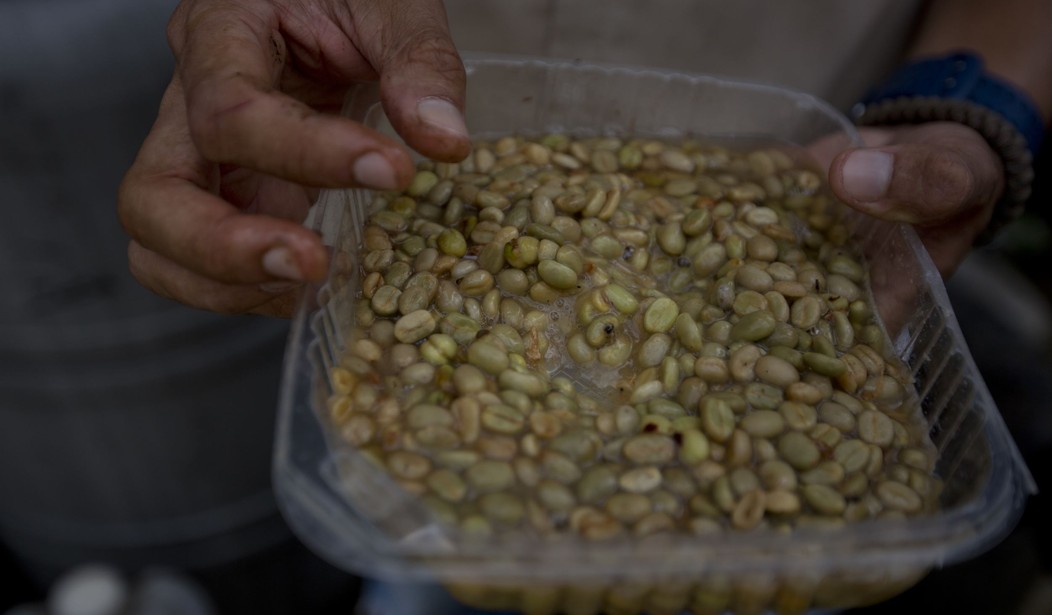You may think you know all about Uncle Remus, the kindly old man dispensing life wisdom through the character Br’er Rabbit. He was the star of the Disney groundbreaking classic Song of the South, which featured a combination of live-action and animated characters.
But Remus was a former slave telling his funny, irreverent, and vivid stories about Br’er Rabbit to a little boy, the white grandson of his former owners. Hence, any sniff of controversy sent Disney running for cover.
The song “Zip-a-Dee-Doo-Dah” won the 1948 Academy Award for Best Original Song, but you’ll no longer hear it on any Disney property. It was removed from all Disney properties because it had its origin in slave society.
But Remus — a role that won James Baskett an Oscar — was also a cultural touchstone for millions of white kids and, at the time, one of the few acknowledgments of black culture on film. And the positive, loving portrayal of a young white boy and an old black man was very rare in films at the time.
To many 21st-century eyes and ears, Remus is annoying — like fingernails scratching a blackboard. It’s not an overtly racist depiction of blacks but there are plenty of stereotypes in Song of the South that would be objectionable to many of us.
But to cancel Uncle Remus, the left had to invent some history and leave out things that didn’t fit the narrative. The same holds true for this wildly untrue piece of left-wing clickbait on one of the most prominent left-wing clickbait sites around.
“The unbearable whiteness of coffee,” appearing on Fast Company, might make a good bedtime story for kids being raised by radical left parents, but as a version of “the truth,” it lacks, well, everything.
Speaking of bedtimes stories, Liz Posner, the author of the article alleging coffee has a racist origin, becomes radically inventive in trying to tell the story of coffee.
Black history and coffee history are deeply intertwined: Coffee was stolen from African plantations by Europeans in the 1600s, incorporated into the transatlantic slave trade in the 1700s, and today is a $100 billion industry run mostly by white executives. Whitewashed coffee shops opening in Black neighborhoods are often an early sign of impending gentrification.
Coffee, like every other cultivated plant on earth, spread via trade. But the story of who first cultivated coffee is a mystery. One widely told myth is that a 10th-century goat herder from Kaffa, Ethiopia, named Kaldi noticed how frisky his animals got after eating berries off of a particular bush. (And no, I’ve never seen a frisky goat and have no desire to discover how Kaldi could tell, either.)
Kaldi tried the berries and apparently recognized the stimulating effect. Arab traders happened along and the rest is history.
For a couple of hundred years, the Arabs kept the bean to themselves, making it a death penalty offense to take them out of Arabia. But they couldn’t keep the secret forever and eventually, the Ottoman Turks began tinkering with the process of heating the beans in water. It wasn’t long before the concoction jumped the Bosphorus and ended up in Venice in 1645.
So whites didn’t “steal” coffee, although the Arabs probably did. And yes, the beans became a commodity harvested by slaves. But by the time slaves were first working the coffee bushes, there were thousands of coffee shops throughout England, France, Spain, Italy, and the Low Countries. It’s nonsense to suggest that Europeans “stole” the bean. And Posner better not be claiming that the Hispanic growers in Columbia and elsewhere in Central and South America are white supremacists. She’ll be drummed out of the Society of Left-Wing Nutcases.
Besides, the social history of coffee is the story of the human race’s fight for freedom and liberty.
Coffee shops in pre-enlightenment England were places of subversion — and debauchery, although that’s another story. The English are great tea drinkers and I’m sure they could rhapsodize about the social history of tea, but part of the reason the colonists rebelled against the King was that the germ of that rebellion began in coffeehouses as men talked and argued about the new political ideas that were being discussed.
In 1675, King Charles II’s ministers attempted to suppress and close down coffeehouses on the grounds of their “evil and dangerous effects.”
“That mixture of news reading, discussion, sharing of ideas [was] absolutely crucial to the rapid spread of the coffeehouse during a period of rapid rise of knowledge,” Hawley explained. It was also the birthplace of periodical literature in England, whereby Hawley said “the coffeehouse was put on paper” in the form of essays. The periodicals Tatler and The Spectator were founded in 1709 and 1711, respectively, through collecting stories from the coffeeshops, which further forged them as the foremost place to learn the latest news.
However, some thought this open sharing of news and political ideas was a threat to the monarchy. In 1675, King Charles II’s ministers attempted to suppress and close down coffeehouses on the grounds of their “evil and dangerous effects”. The king feared that coffee may provoke instigation or the plotting of violence against the throne and ordered the “close of coffee-houses altogether”, although he later withdrew the ban two days before it was to be put into effect.
This is the real history of coffee, not the manufactured story that activists and liberals try to shoehorn into an accepted ideological construct.
No doubt, Uncle Remus was a coffee drinker.










